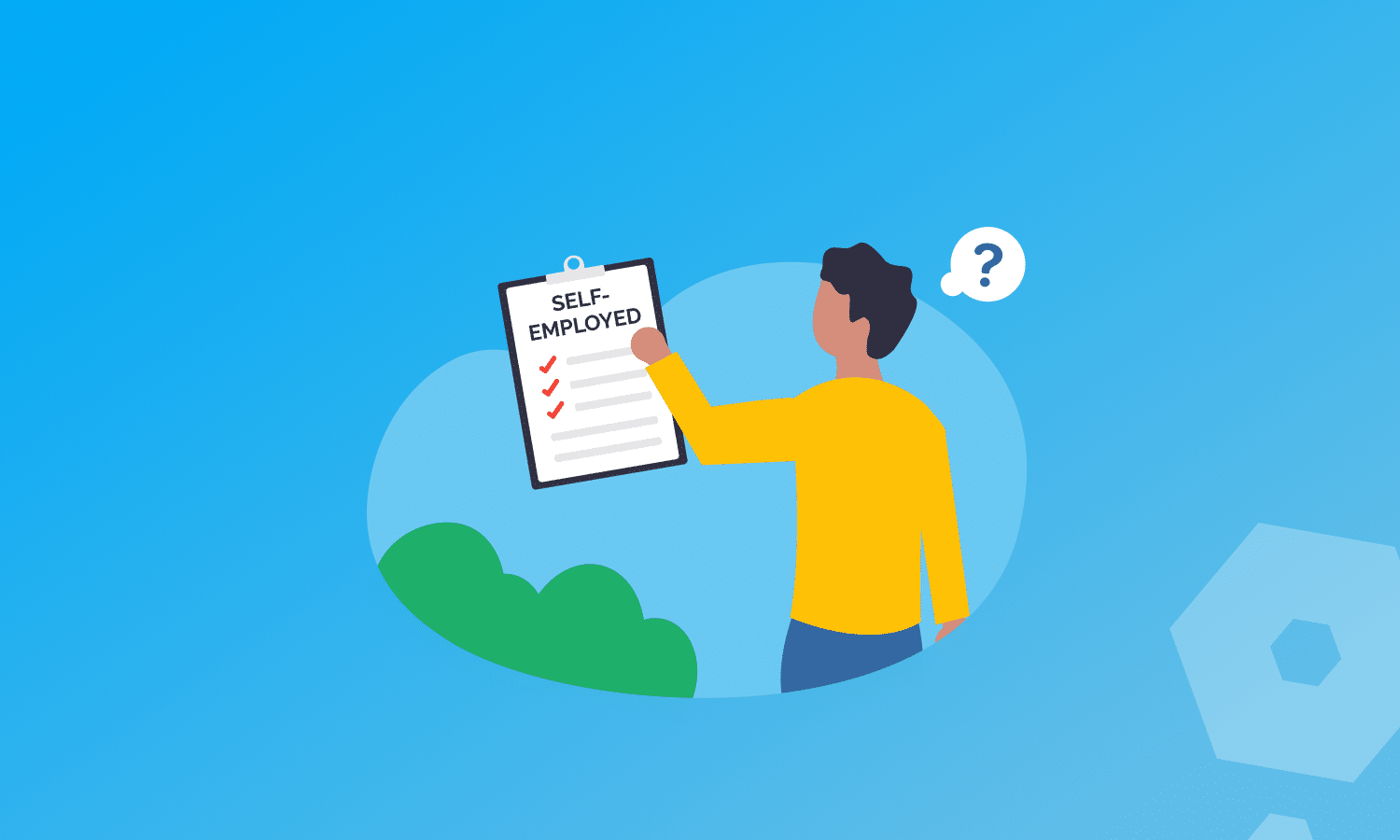If you’re at the point where your skill, passion or side hustle seems to be a viable means of self-employment, congratulations! This is your first big step to entrepreneurial success and it’s a super exciting time.
You know you want to be self-employed. You’ve got reason to believe it’s going to be a great move. What you need to navigate now is how to enter the wonderful world of self-employment and we’re here to guide you.









